A recent sampling of pesticide residues identified in imported fruit and vegetables has shown that 1.66pct of the samples carried excessive content, below the average value of non-compliance in the European Union, which stands at 4.1pct, according to Romania's National Authority for Veterinary and Food Safety (ANSVSA).
The findings were presented at a meeting of the Scientific Council of ANSVSA organised in order to obtain scientific opinions on topics of interest for the activity of animal health services and for the safety of foods on the basis of which the short and medium-term strategy can be established in the field of animal health and food safety, ANSVSA says in a press statement.
The main topics at the meeting were a strategy for combating African swine fever; managing avian influenza outbreaks in Maramures; monitoring pesticide residues identified in imported fruits and vegetables, and identifying effective ways of direct collaboration between ANSVSA and universities or similar organisations.
Regarding the plan for the eradication of African swine fever in the boar population of Romania, several issues related to reducing the number of boars, payment of damages, clearing the places of dead boars, the latest developments in the African swine fever outbreaks, the state of hunting facilities.
"Following the discussions, it was concluded that the strategy for combating the African swine fever approved in 2018, which provides for wild boars in the affected areas to be hunted at 100%, and reducing the herd to less than 0.5 boars /square kilometre around the affected areas, has not been materialised yet," the ANSVSA representatives underscore.
ANSVSA warns that at this time in Romania, the number of epicentres of African swine fever and the areas in which measures must be imposed are increasing, which will cause a significant increase in the costs for eradicating and combating this disease and, consequently, major economic losses.
The ANSVSA chairman requested and obtained the support of the academia for the revision and updating of the strategy for combating the African swine fever and its adaptation to the existing situation.
Regarding the management of the H5N8 avian influenza outbreak diagnosed in birds on the Seini animal husbandry platform in Maramures County, the Scientific Council appreciated ANSVSA for a prompt way of action in accordance with the European and national legislation to combat the first and secondary epicentres.
Also presented was the European Commission's management of the epidemiological situation at European level by decisions restricting access to the areas where the bird flu evolves in the EU member states and by full ban on the import of live birds and their products, in the case of third countries.
"Regarding the subject of the monitoring pesticide residues identified in imported fruit and vegetables, statistics reveal that only 1.66pct of the samples were declared non-compliant (exceeding the maximum limits allowed for pesticide residues). The percentage is significantly lower than average non-compliances at the level of the European Union, which stands at 4.1pct," according to ANSVSA.
The last matter discussed was the need to identify effective ways of direct collaboration between ANSVSA and the universities and similar organisations in order to organise training sessions for veterinarians in order for them to be permanently connected to the current epidemiological reality.
The ANSVSA chairman proposed that a collaboration agreement be concluded between ANSVSA and the universities/similar organisations, representing the legal framework for the operation of expert groups on different topics, such as epidemiology, communicable diseases, risk analysis, hygiene and the food industry, an aspect agreed upon by all members of the Scientific Council.
The Scientific Council of ANSVSA is made up of recognised academic personalities who provide technical and scientific assistance on the national and the EU legislation in the fields that have a direct or indirect influence on the ANSVSA area of competence.
Excessive pesticide residues found in 1.66pct imported fruit and vegetables sampled in Romania
Articole Similare

16
Rogobete: For rare diseases, concentrating expertise saves time, suffering and, sometimes, lives
16
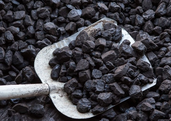
20
INS: Coal production decreased by 2.7% in 2025; imports decreased by 60.3%
20
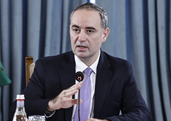
21
Giurgiu: Minister Alexandru Nazare: The year 2026 started right, with a budget surplus
21

16
EconMin: Europe must find path to real economic competitiveness
16

49
Ilie Bolojan, about conflict that broke out in Iran: All our structures are on alert
49
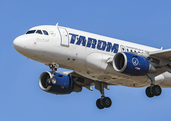
33
TAROM temporarily suspends flights to Tel Aviv
33
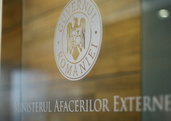
38
Ministry of Foreign Affairs strongly recommends Romanian citizens avoid any travel to State of Israel
38

26
CNAB:Bucharest-Tel Aviv flights could be affected due to events in Middle East/ Currently no cancellations are recorded
26

20
Oana Toiu says number of Romanians requesting repatriation from Israel is still low
20

11
ANAR: Completing Mihaileni accumulation remains strategic objective for protecting communities in Hunedoara County
11
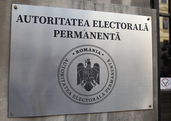
13
AEP: Political parties receive over RON 15.4 million in state subsidies in February
13

13
JusMin Marinescu holds meeting with British Ambassador Portam
13

19
ICR: Writer Ana Blandiana on major tour of France - Lyon, Marseille, Aix-en-Provence, Strasbourg and Paris
19

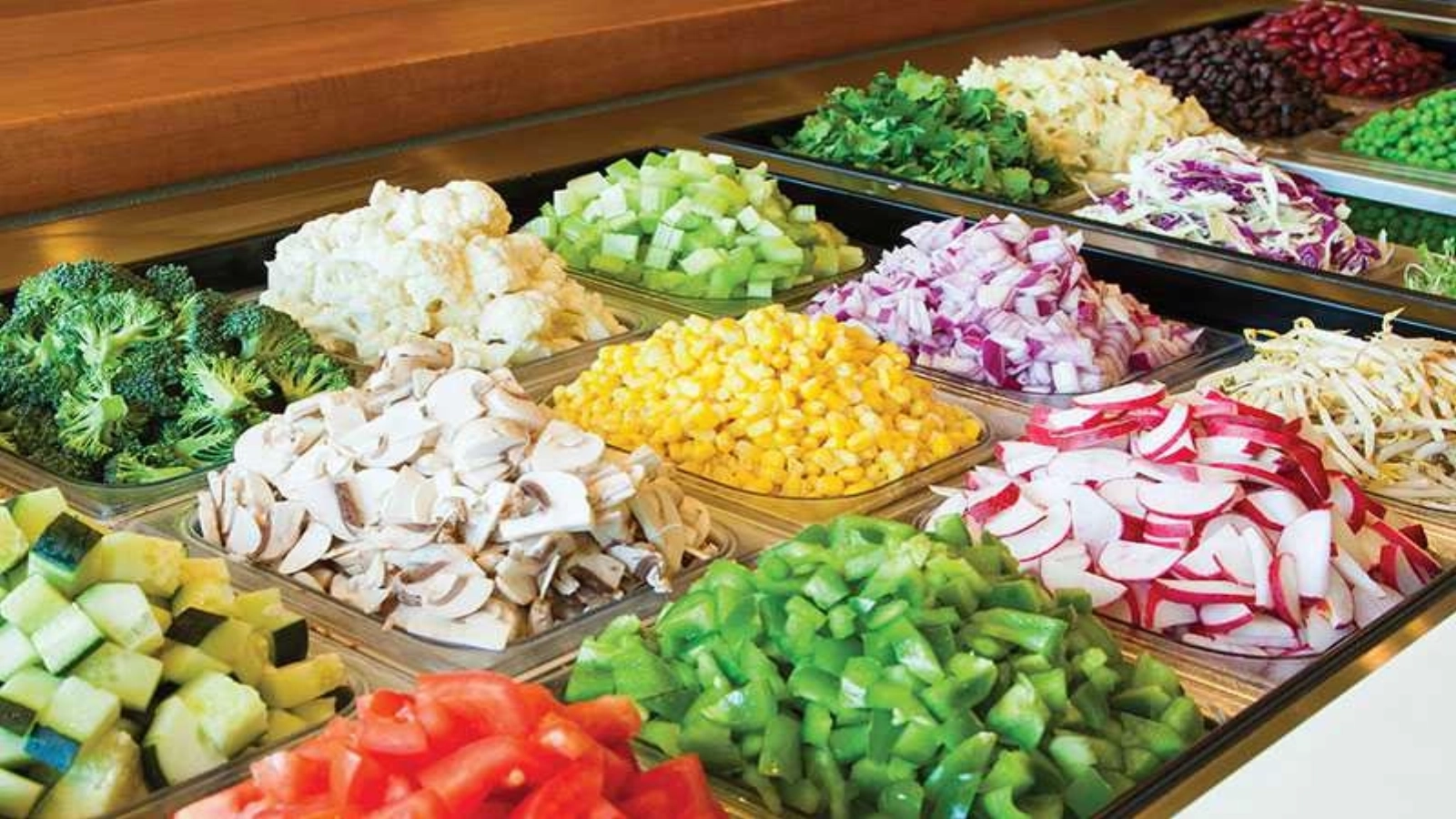

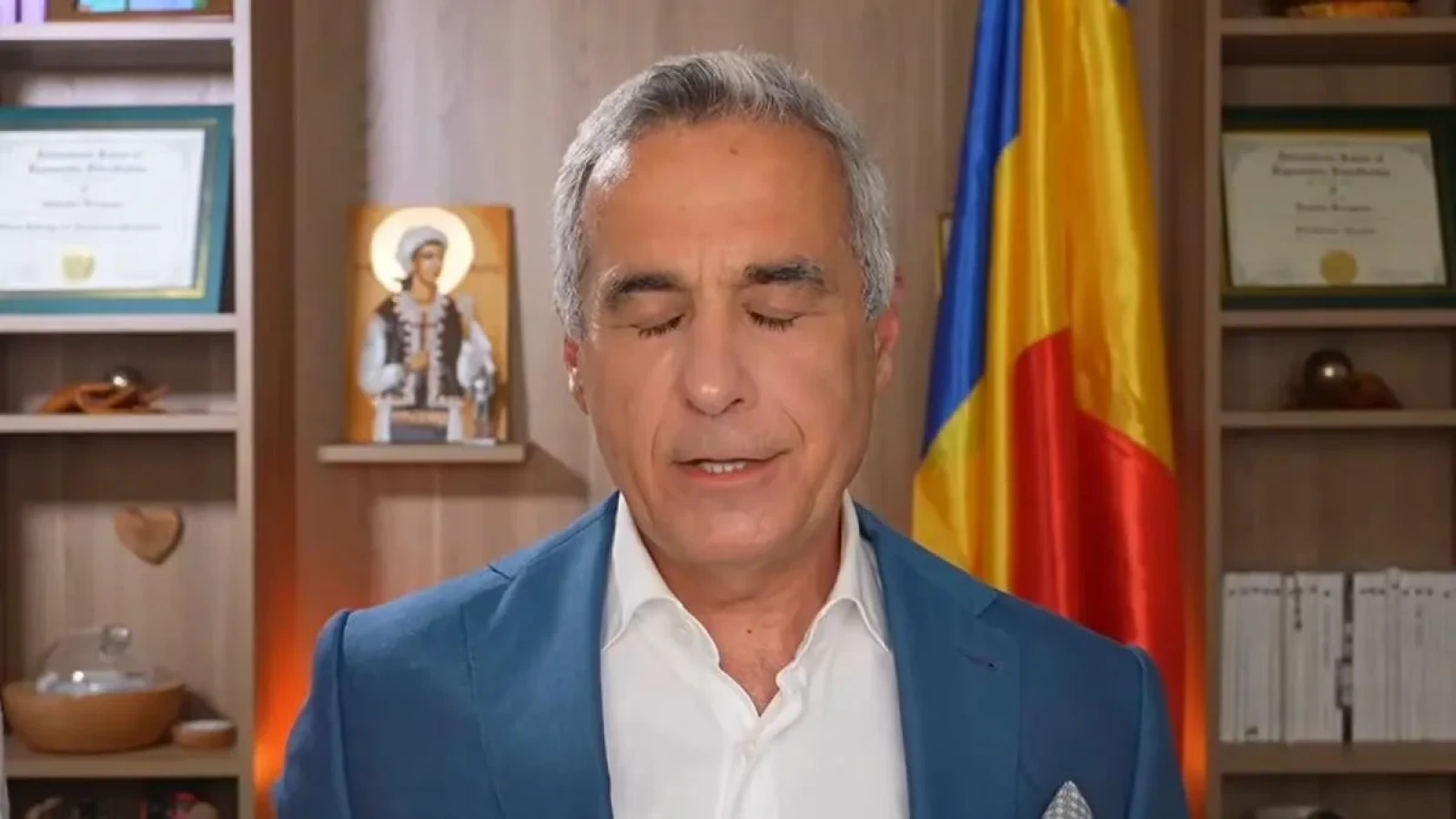

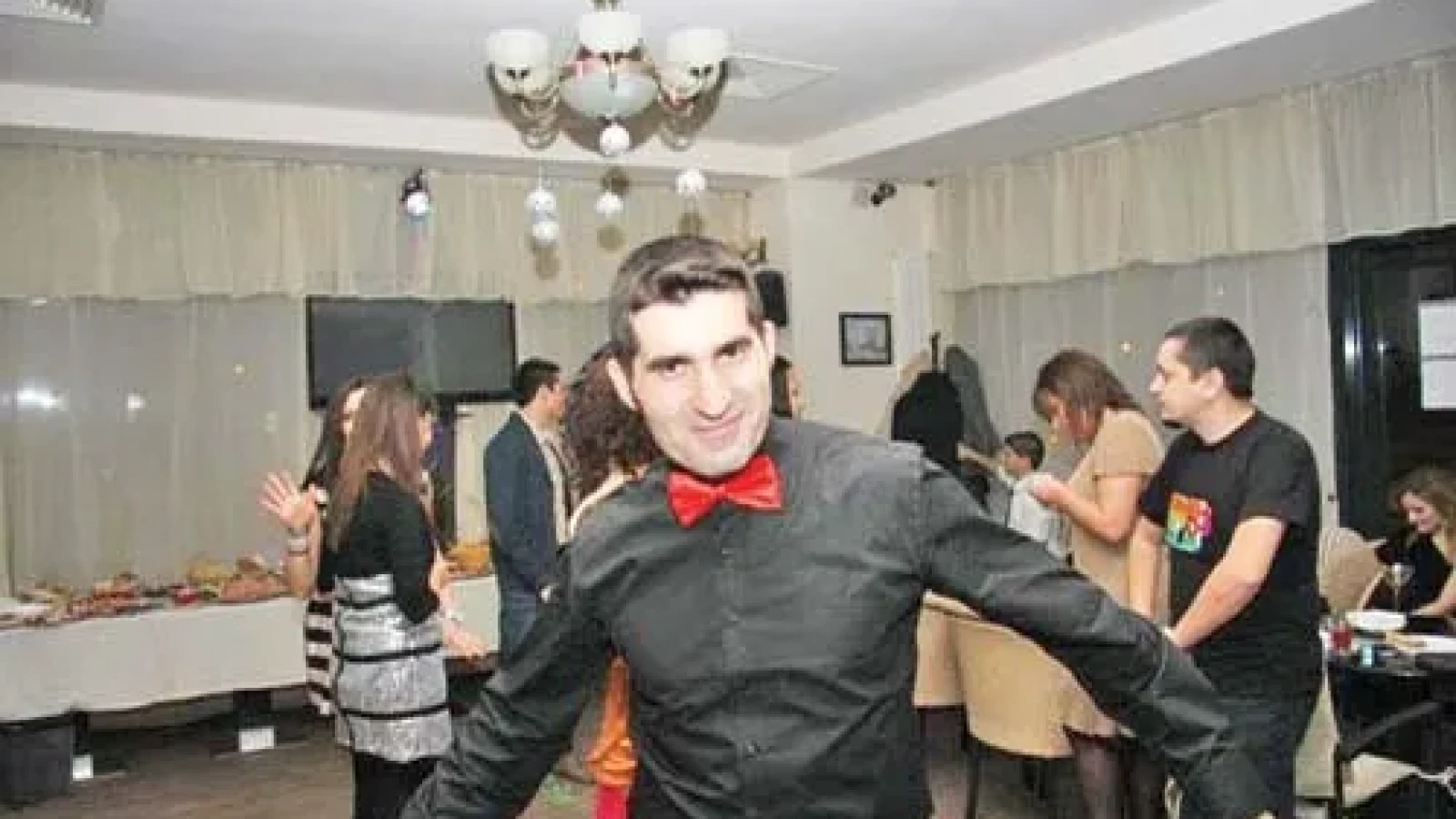



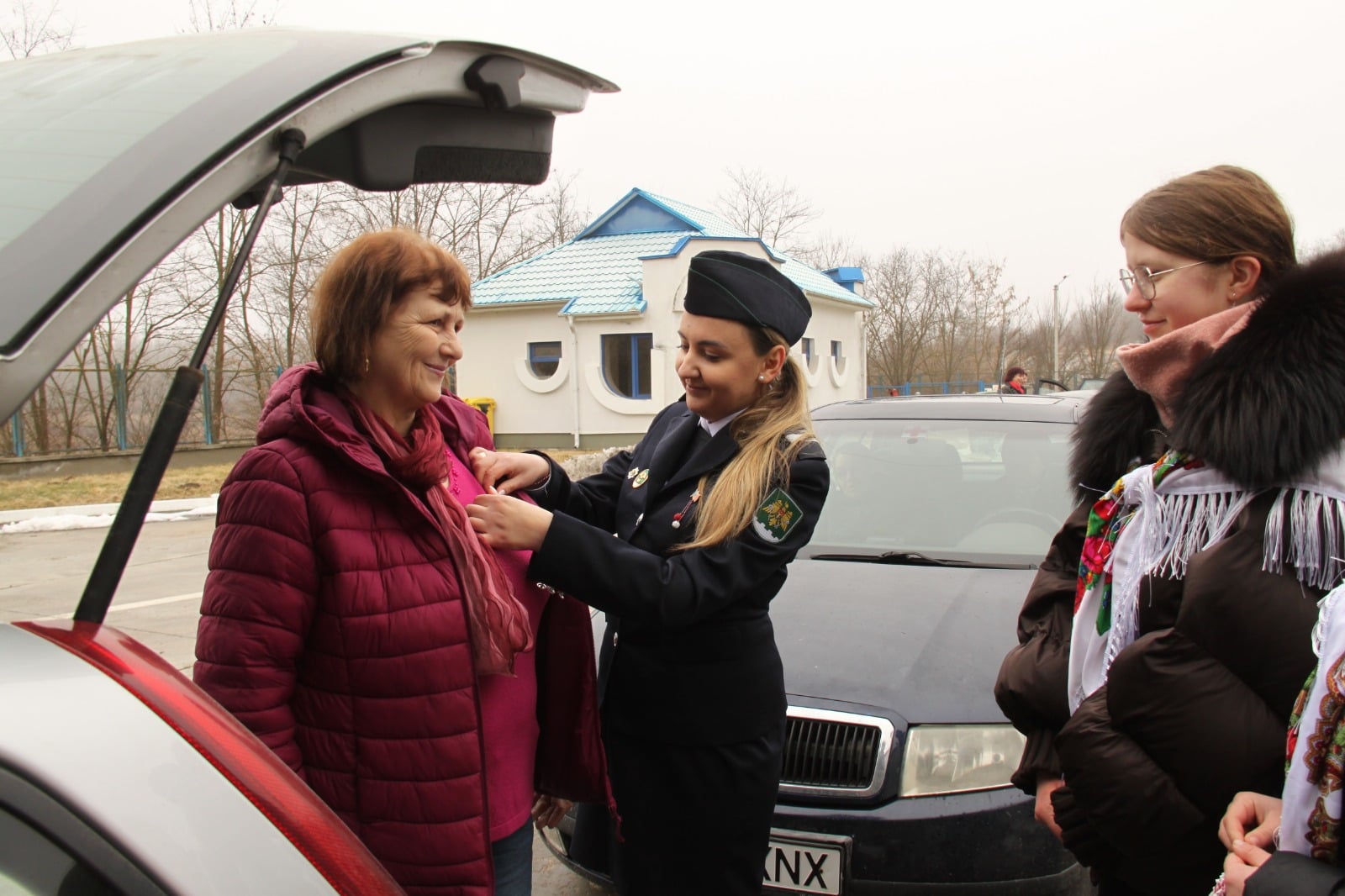









Comentează